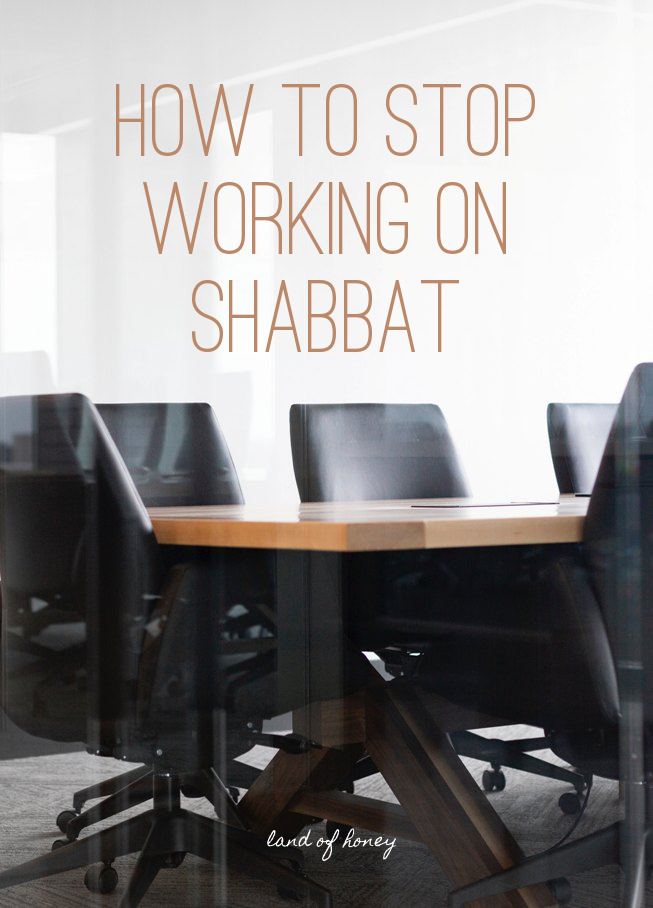When I share with someone that I keep the Sabbath (honor YHWH's set apart day by resting on the seventh day of the week), they usually feel sorry for me. It's crazy, but many people treat the day of rest like it is some sort of huge burden. If you might be feeling that way yourself, let me tell you: it is anything but a burden. You know when you're feeling overloaded and say, "I need a vacation!" or wonder when you're next day off is? For me, that is never more than six days away. Isaiah 58:13 calls the Sabbath a delight, and once you've made it your lifestyle, it is so easy to do that. While there are many difficulties and heavy loads to carry in life, having a day to rest is not one of them.
A few things I love about the Sabbath:
1. It's a break. One of my favorite things about the Sabbath is always having an upcoming break from it all. No matter how busy things are with work, family commitments, seeing friends, home improvement projects, and whatever else I'm juggling I get to look forward to taking a step back to refresh. Before I started honoring Shabbat my calendar would often become overfilled and it would be overwhelming not to have a day off in site. No worries about that now as there is time to rest each week. That is such a gift to look forward to during busy times.
2. There's time to spend in the Word. Of course I make it a point to spend time reading Scripture, listening to teaching, and praying throughout the week but sometimes that's not as much as I would like. Honoring the Sabbath means no matter what the rest of the week was like, I have a set time for spiritual refreshment. And studying on Shabbat is so nice because you don't have that rush to finish your reading on your lunch break or in the carpool line.
3. Getting to see family. Even if my husband and I are both very busy we know for sure we will get to spend time together come the Sabbath day. We have also made a tradition of lunch with my parents and grandparents, and extended family on Shabbat so we are always able to have quality time as a family and to catch up during seasons that would otherwise be too busy.
4. No money is spent. While some might view not shopping on the Sabbath as an inconvenience, our bank account appreciates having a no-spend day each week. Honoring the Sabbath means we don't go out for a meal or go shopping or make an online purchase or buy coffee. That's a financial difference that adds up. Before you say that the same amount of money gets spent on the other days of the week let me give an example of the financial savings of the Sabbath. It's not unusual for us to think of something on Friday or Shabbat that we need or would like to have, but since we aren't able to purchase it right away we often find that the desire for that item fades or an opportunity to borrow what's needed or otherwise get it for less presents itself. Patience can save you a lot!
5. The stability of this compounds. Maybe the perks of financial savings or taking a break from it all don't sound life changing, but being able to look forward to the Sabbath each week compounds in an amazing way! The first time I observed the Sabbath I didn't feel much different, but now I can see what a huge impact this has had on my life. I am less stressed, and much less easily overwhelmed. Managing my life around keeping this commandment has brought incredible peace and contentment to my life.
There are many benefits and joys that come with Sabbath keeping! These are just a few things and I don't know anyone who wouldn't benefit from the blessings of God's rest day!
More posts about the Sabbath:
What Jesus Said about the Sabbath
The Joy of Sabbath Keeping
Fifteen Things the Bible Says about the Sabbath


















.JPG)